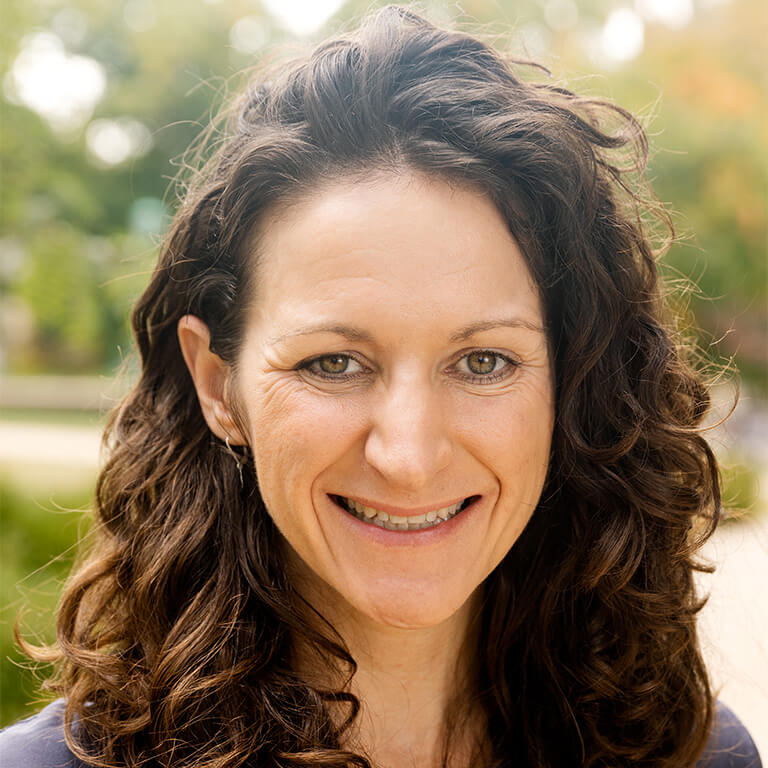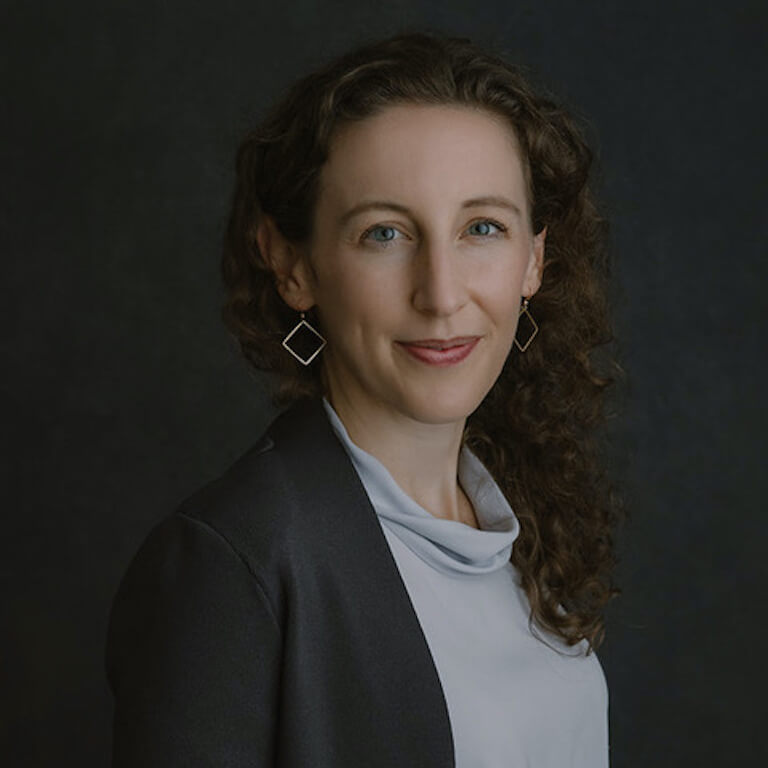The Tobias Center is a resource for U.S. and international research and teaching activity on international development, with emphasis on the following research areas:
Global Climate and Local Livelihoods
Rising temperatures, changing precipitation patterns, extreme weather events, and sea level change mean that people and communities will have to learn to respond to accelerating environmental conditions. Economically marginalized people, with less financial resilience to cope with variability, will be particularly affected. Development projects that are culturally, economically, and environmentally sustainable can increase community resilience and adaptation to climate change. Furthermore, climate development work has the potential to not only help people adapt to environmental changes, but to be part of mitigating climate change—solving the problem by building energy and transport infrastructure in energy-poor places and with renewable energy sources.
Spearheaded by Jessica O’Reilly and Jessica Steinberg, this research cluster prioritizes research and educational opportunities that explore how development and environmental quality can amplify each other. Focusing on policy, agriculture, sustainable development, and the health/environment nexus, work in the cluster contributes to new knowledge and skill-building that improves lives, livelihoods, and local and global environments.


History of Development
To guide the future of development, it is necessary to understand its past. This research cluster, led by Stephen Macekura, focuses on the origins and evolution of development thought and practice around the world. Key animating questions include: why have nation-states, non-governmental organizations, and international organizations embraced international development, and to what ends? What insights can we learn from the history of past development interactions? How has successful development been defined, measured, and assessed? What are the social, political, and ethical implications of the choices to define development in different ways? Finally, how and to what purpose have recent development actors and institutions made use of historical narratives and analogies? By exploring these questions related to the history of development, this cluster emphasizes the ways in which historical thinking and historical scholarship can and should shape the contemporary practice of international development.

Governance and Development
The Tobias Center’s research cluster on Governance and Development, headed by Nick Cullather, explores the ways in which different forms and sources of governance shape developmental outcomes, and in turn, how developmental processes might shape the effectiveness of different modes of governance. Governance may be thought of as the production and institutionalization of formal and informal rules and incentives that coordinate collective behavior. The capacity for coordinated collective behavior is what ensures the provision of public goods and services such as roads and public security, the extraction and appropriate revenue and resources, and more broadly, the maintenance of social order – all of these important components of development. Therefore, the study of governance is integral for studying processes of development and potential strategies for improving individual well-being. Importantly, this research cluster does not assume that governance must come from a formal government, but instead takes as its departure point that the existence, effectiveness, and legitimacy of the rules that shape collective behavior may emerge formally or informally, with or without codification, under the purview or in the shadow of a formal state.
Some specific questions this cluster will address include:
- What kinds of institutional configurations most facilitate development?
- How do informal institutions compliment, undermine, or replace formal institutions to facilitate development?
- What shape shapes the incentives for provision of public goods in the absence of strong central states?
Key areas include: development in democracies and autocracies, non-state goods provision, local and informal collective goods provision, conflict and development, rule of law

Global Value Chains and Development
Private foreign investments are often the largest source of development finance in low- and middle-income economies. Yet, the vast majority of foreign direct investment (FDI) to developing countries goes to just a few economies, and the development benefits of FDI are far from automatic. Many governments - particularly in developing and emerging markets - provide various incentives to encourage foreign investment in strategic sectors. At the same time, growing concerns about the perceived vulnerabilities of economic interdependence have made many political leaders more wary about the potential national security costs of reliance on foreign investment and globally integrated supply chains.
Sarah Bauerle-Danzman leads this research cluster, which supports research projects and education around three central questions:
- What characteristics of FDI and other operational activities of multinational enterprises are most conducive to inclusive, sustainable development?
- What governmental policies are best able to attract investments that contribute to inclusive, sustainable development?
- Under what conditions do foreign investments create national security risks for recipient nations, and how can governments best mitigate these risks?

China and International Development
China is playing an increasingly important role in international development. Once best known as contractors for mega-projects supported by Chinese development finance, Chinese firms today are evolving to become operators, investors, and owners of diverse infrastructure works around the world. Chinese companies are also working with new partners, including international non-governmental organizations and intergovernmental organizations, to develop projects overseas. As China itself has achieved higher levels of economic development, international organizations are pivoting from working in China to working with Chinese actors to promote development in other countries. Their joint activities range from informal advising to training or research programs to infrastructure project delivery.
This research cluster, overseen by Wendy Leutert, examines Chinese companies’ evolving participation in overseas infrastructure and emerging partnerships for development involving international and Chinese actors.




 Hamilton Lugar School of Global and International Studies
Hamilton Lugar School of Global and International Studies